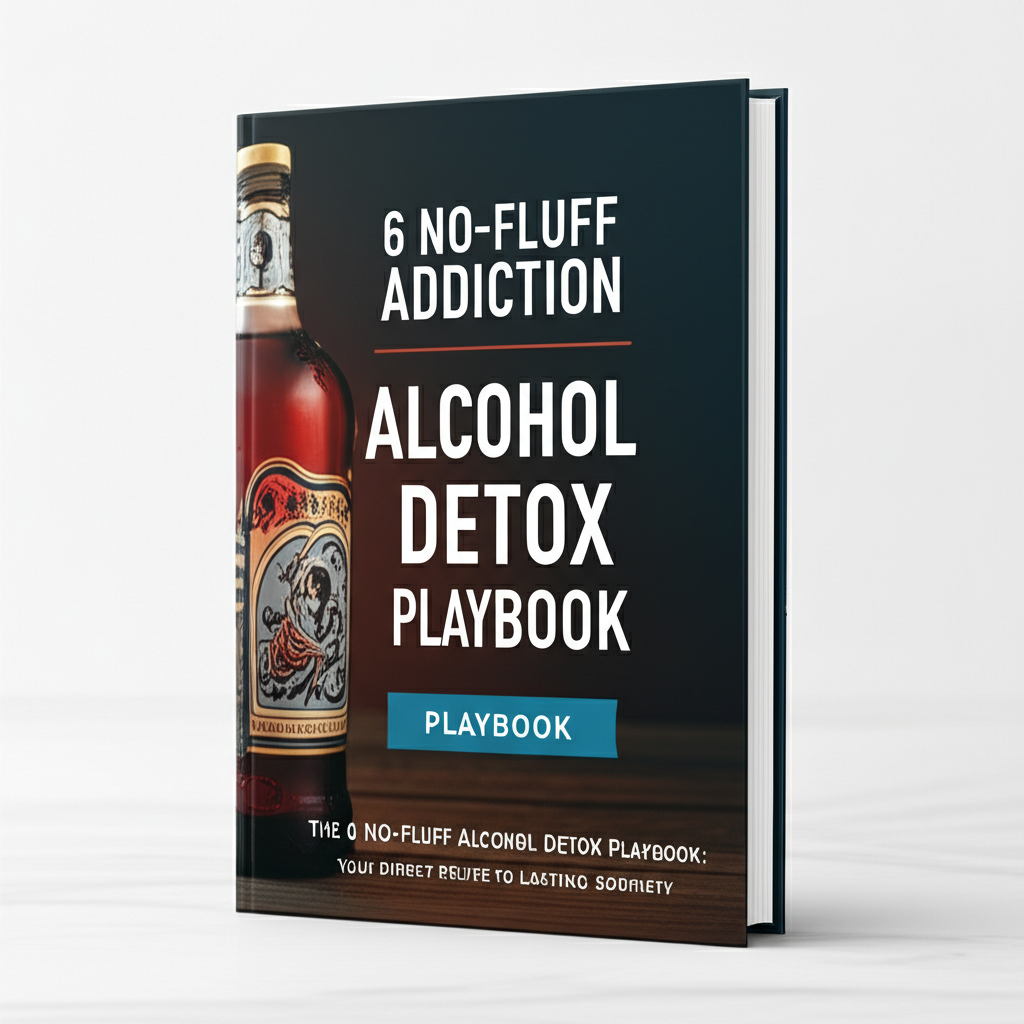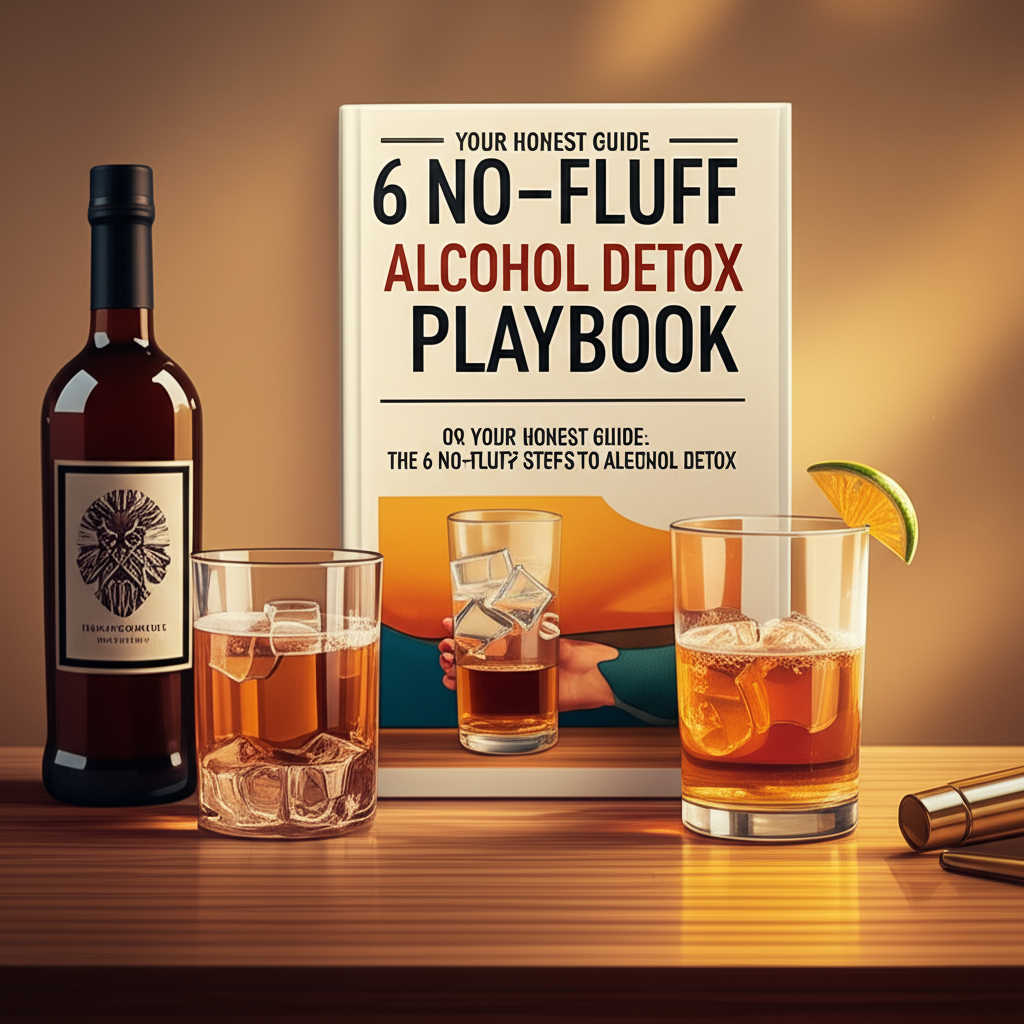The insidious grip of alcohol addiction can feel like an inescapable prison, isolating individuals from their loved ones, their careers, and their very sense of self. Breaking free from this powerful hold is one of the most courageous journeys a person can undertake, and it often begins with detoxification – the process of ridding the body of alcohol. However, many mistakenly believe detox is a simple, standalone step. The truth is, attempting to detoxify from alcohol without a robust, multi-faceted strategy can be incredibly dangerous, even life-threatening, and often leads to relapse.
Imagine trying to build a house without a foundation, walls, or a roof. It wouldn’t stand a chance against the elements. Similarly, a successful and sustainable recovery from alcohol addiction requires more than just abstinence; it demands a comprehensive, well-structured approach. This article will unveil the 3 Essential Addiction Alcohol Detox Frameworks – critical pillars that, when combined, offer the safest, most effective path to detoxification and lay a solid foundation for long-term sobriety. We’ll explore why each framework is indispensable and how they work in concert to support a holistic healing journey.
The Perilous Path of Unassisted Detox
Before diving into the solutions, it’s crucial to understand the inherent dangers of attempting alcohol detox without professional guidance. Alcohol withdrawal is not merely uncomfortable; it can trigger a cascade of severe physical and psychological symptoms, ranging from anxiety and tremors to seizures, hallucinations, and a potentially fatal condition known as Delirium Tremens (DTs). These risks underscore why a structured, medically supervised approach is not just recommended, but often a matter of life and death.
Understanding the 3 Essential Alcohol Detox Frameworks
Successfully navigating the treacherous waters of alcohol withdrawal and establishing a foothold in sobriety requires a strategic, integrated approach. These three frameworks represent the cornerstones of effective alcohol detox and early recovery:
1. The Critical Role of Medical Supervision and Acute Withdrawal Management
The first and arguably most critical framework addresses the immediate physical dangers of alcohol withdrawal. Medical supervision during detox is non-negotiable for most individuals, especially those with a history of heavy drinking, co-occurring medical conditions, or previous severe withdrawal experiences.
Why Medical Supervision is Indispensable:
- Safety First: Alcohol withdrawal symptoms can escalate rapidly and unpredictably. Medical professionals are equipped to monitor vital signs (heart rate, blood pressure, temperature), assess symptom severity, and intervene immediately if complications arise.
- Symptom Management: The discomfort of withdrawal is a significant barrier to successful detox. Medications can be administered to alleviate symptoms like anxiety, tremors, nausea, and insomnia, making the process more tolerable and reducing the likelihood of leaving treatment prematurely.
- Prevention of Life-Threatening Complications:
- Seizures: Benzodiazepines (e.g., Librium, Valium, Ativan) are commonly used to prevent seizures, which are a major risk during acute withdrawal.
- Delirium Tremens (DTs): This severe neurological complication, characterized by confusion, hallucinations, rapid heartbeat, and fever, can be fatal without prompt medical intervention. Doctors can proactively manage symptoms to prevent DTs.
- Cardiovascular Issues: Alcohol withdrawal can put immense strain on the heart. Medical staff can monitor and manage any cardiac irregularities.
- Nutritional Support and Hydration: Chronic alcohol abuse often leads to nutritional deficiencies (especially B vitamins) and dehydration. Medical detox includes rehydration and vitamin supplementation (like thiamine to prevent Wernicke-Korsakoff syndrome).
- Personalized Treatment Plans: Every individual’s detox needs are unique. Medical teams assess factors such as:
- Severity and duration of alcohol use.
- Overall health and pre-existing conditions.
- History of previous withdrawals.
- Based on this, they tailor medication regimens, monitoring frequency, and the level of care (inpatient vs. outpatient).
Where Medical Detox Takes Place:
- Inpatient Facilities: For severe addiction or high-risk individuals, an inpatient medical detox facility offers 24/7 care, constant monitoring, and immediate access to medical staff. This is the safest option for most.
- Outpatient Medical Detox: For those with milder addiction and strong support systems, an outpatient program might be suitable. Patients attend daily appointments for medication, monitoring, and support while returning home at night. This option still requires rigorous medical oversight.
This first framework ensures that the body safely navigates the physical storm of withdrawal, stabilizing the individual so they can begin addressing the deeper roots of their addiction.
2. The Indispensable Power of Psychological Support and Behavioral Therapy
Once the immediate physical dangers of withdrawal have been managed, the second essential framework comes into play: addressing the psychological and emotional underpinnings of alcohol addiction. Detox is merely the first step; true recovery requires understanding why alcohol became a crutch and developing healthier coping mechanisms.
Key Components of Psychological Support and Therapy:
- Individual Counseling: One-on-one sessions with a therapist provide a safe space to explore personal issues, trauma, mental health conditions (like depression or anxiety) that may fuel addiction, and develop personalized strategies for recovery.
- Group Therapy: Sharing experiences with peers who are facing similar struggles can be incredibly empowering. Group therapy fosters a sense of community, reduces feelings of isolation, and allows individuals to learn from each other’s insights and coping strategies.
- Evidence-Based Behavioral Therapies:
- Cognitive Behavioral Therapy (CBT): Helps individuals identify and challenge negative thought patterns and behaviors that contribute to alcohol use. It teaches coping skills to manage cravings and high-risk situations.
- Dialectical Behavior Therapy (DBT): Focuses on emotional regulation, distress tolerance, interpersonal effectiveness, and mindfulness – crucial skills for navigating the emotional turbulence of early recovery.
- Motivational Interviewing (MI): A collaborative, person-centered form of guidance that helps individuals explore and resolve ambivalence about behavior change, strengthening their motivation for recovery.
- Family Therapy: Addiction impacts the entire family system. Family therapy helps address communication breakdowns, heal relationships, and establish healthy boundaries, turning family into a powerful support network.
- Addressing Co-occurring Mental Health Disorders (Dual Diagnosis): It’s common for individuals with alcohol addiction to also struggle with mental health issues like anxiety, depression, PTSD, or bipolar disorder. Integrated treatment that addresses both addiction and mental health simultaneously is crucial for lasting recovery.
- Developing Coping Mechanisms: Therapy equips individuals with practical tools to manage stress, cravings, triggers, and difficult emotions without resorting to alcohol. These might include:
- Mindfulness and meditation techniques.
- Relaxation exercises.
- Problem-solving skills.
- Healthy communication strategies.
This framework moves beyond mere physical sobriety, delving into the mind and emotions to heal the wounds that addiction often masks, preparing the individual for a life free from alcohol’s grasp.
3. The Cornerstone of Long-Term Recovery: Aftercare and Relapse Prevention
Detox and initial therapy provide the essential groundwork, but true, sustained recovery is a marathon, not a sprint. The third framework – aftercare and relapse prevention – is vital for maintaining sobriety long after the initial detox period. Without a robust aftercare plan, the risk of relapse skyrockets.
Essential Elements of Aftercare and Relapse Prevention:
- Structured Aftercare Programs: These can include ongoing outpatient therapy, intensive outpatient programs (IOPs), or partial hospitalization programs (PHPs) that offer continued support and structure as individuals transition back into daily life.
- Support Groups:
- Alcoholics Anonymous (AA): A widely recognized 12-step program that provides a fellowship of support and a spiritual framework for recovery.
- SMART Recovery: A science-based alternative that teaches self-empowerment and self-reliance using cognitive behavioral therapy (CBT) and rational emotive behavior therapy (REBT) principles.
- Other Peer Support Groups: Many specialized groups cater to different demographics or co-occurring issues.
- Sober Living Environments: For some, transitioning directly from an inpatient facility to home can be overwhelming. Sober living homes provide a safe, structured, and alcohol-free environment with peer support and accountability, easing the transition back into independent living.
- Developing a Personalized Relapse Prevention Plan: This is a dynamic document that helps individuals identify:
- Personal triggers: Specific people, places, emotions, or situations that increase the urge to drink.
- Warning signs: Early indicators that one might be heading towards a relapse (e.g., isolating, neglecting self-care, romanticizing past drinking).
- Coping strategies: Specific actions to take when triggers or warning signs appear (e.g., calling a sponsor, attending a meeting, practicing mindfulness, engaging in a healthy hobby).
- Emergency contacts: A list of trusted individuals or professionals to reach out to during a crisis.
- Life Skills Training: Many individuals in recovery need to relearn or develop essential life skills that may have atrophied during active addiction, such as:
- Financial management.
- Job searching and interview skills.
- Healthy cooking and nutrition.
- Stress management.
- Time management.
- Building a Healthy Support Network: Encouraging healthy relationships and setting boundaries with individuals who might trigger relapse. This often involves reconnecting with supportive family and friends, and forming new relationships within the recovery community.
- Ongoing Medical Monitoring: For some, medication-assisted treatment (MAT) with drugs like Naltrexone, Acamprosate, or Disulfiram may be part of their long-term recovery plan, supervised by a medical professional to reduce cravings and prevent relapse.
This framework is the ongoing commitment to sobriety, providing the tools, support, and strategies necessary to navigate life’s challenges without turning back to alcohol.
Why a Comprehensive Framework is Non-Negotiable
These three frameworks are not isolated components but rather interconnected gears in the complex machinery of recovery. Skipping one framework leaves a critical gap that significantly jeopardizes the entire process.
- Without medical supervision, detox is dangerous and often unsuccessful.
- Without psychological support, individuals may achieve temporary sobriety but lack the tools to address underlying issues, making relapse highly probable.
- Without aftercare and relapse prevention, the gains made in detox and therapy can quickly erode when faced with the stresses and triggers of everyday life.
A truly effective alcohol detox and recovery journey integrates all three, recognizing that healing requires attention to the physical body, the mind, and the sustained commitment to a new way of life.
Conclusion: Embracing a Path to Lasting Freedom
The journey to overcome alcohol addiction is undeniably challenging, but it is also profoundly rewarding. Understanding and embracing the 3 Essential Addiction Alcohol Detox Frameworks – Medical Supervision and Acute Withdrawal Management, Psychological Support and Behavioral Therapy, and Aftercare and Relapse Prevention – transforms a perilous undertaking into a structured, supported, and ultimately successful endeavor.
This comprehensive approach ensures safety during the critical initial phase, equips individuals with the emotional and psychological tools to build resilience, and provides the ongoing support necessary for long-term sobriety. If you or a loved one are contemplating alcohol detox, remember that attempting it alone is never the safest or most effective option. Seek professional guidance, engage with a treatment plan that incorporates these vital frameworks, and step confidently onto the path of reclaiming your health, your relationships, and your future. A life free from the chains of addiction is not just a dream – it is an achievable reality when you build your recovery on a strong, comprehensive foundation.








